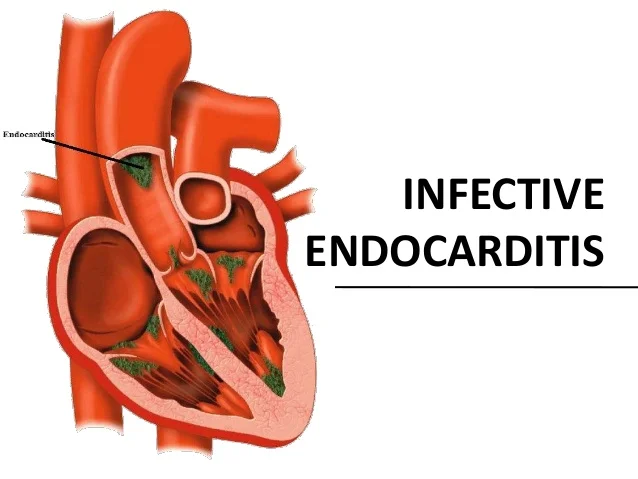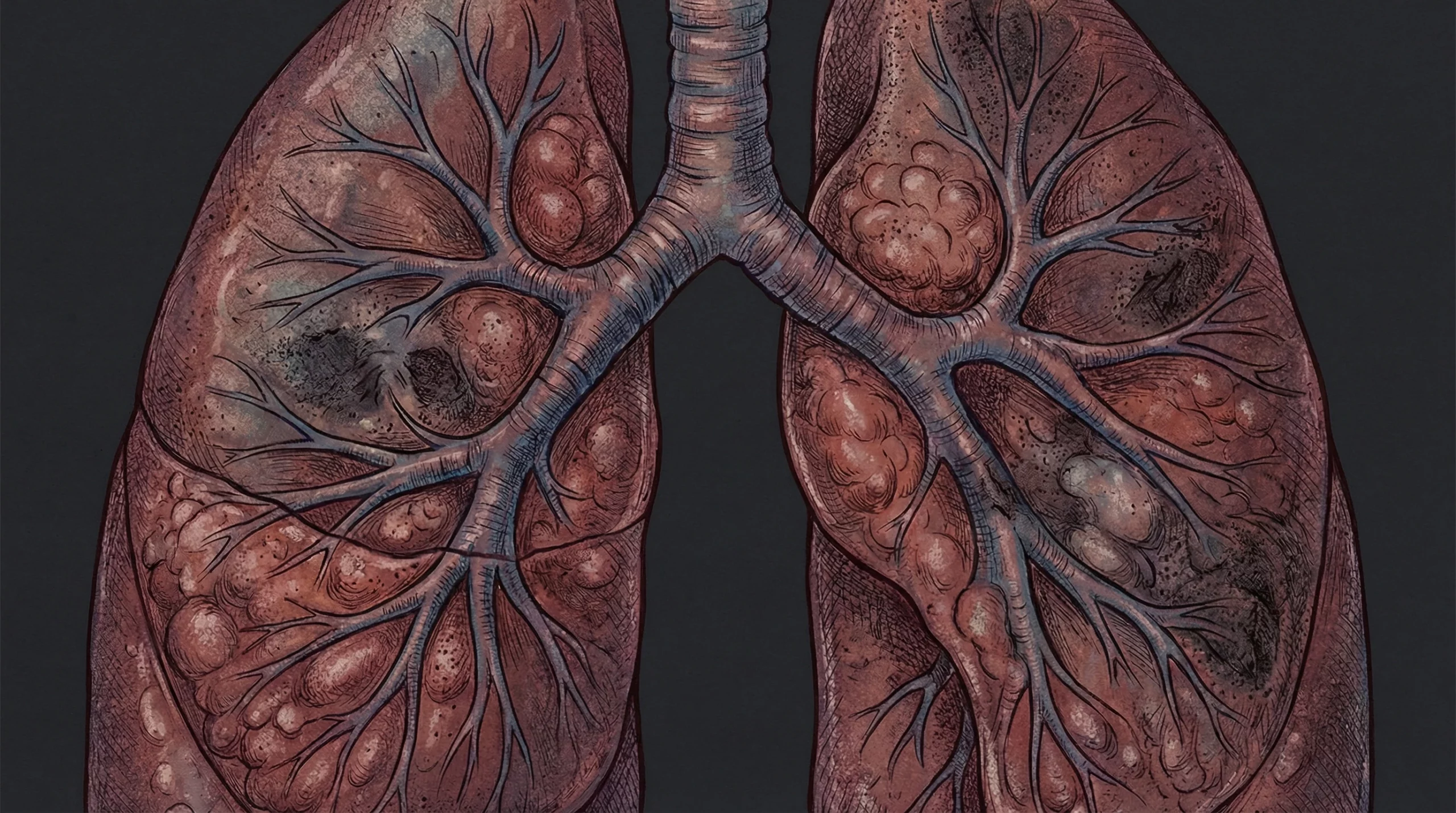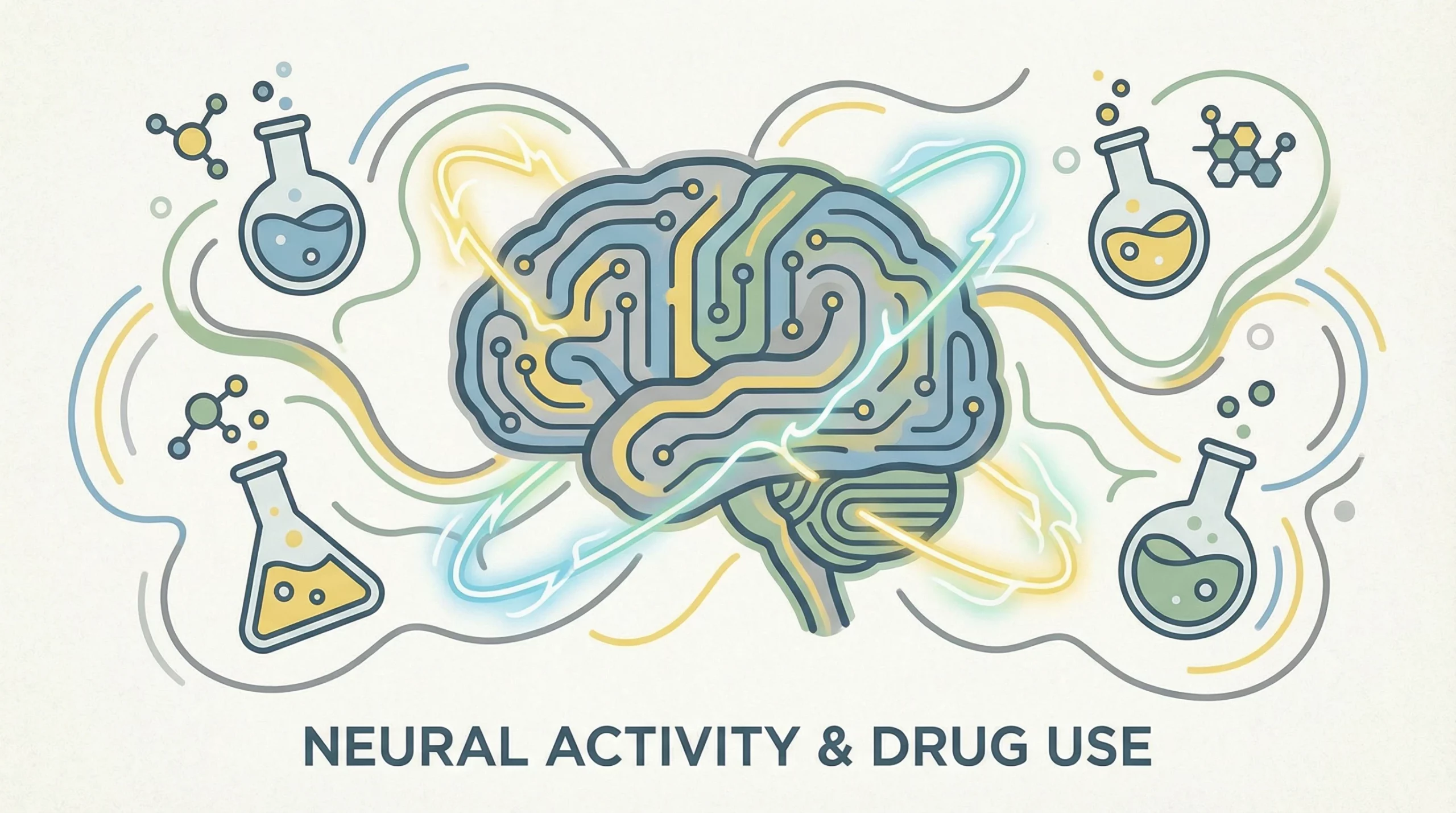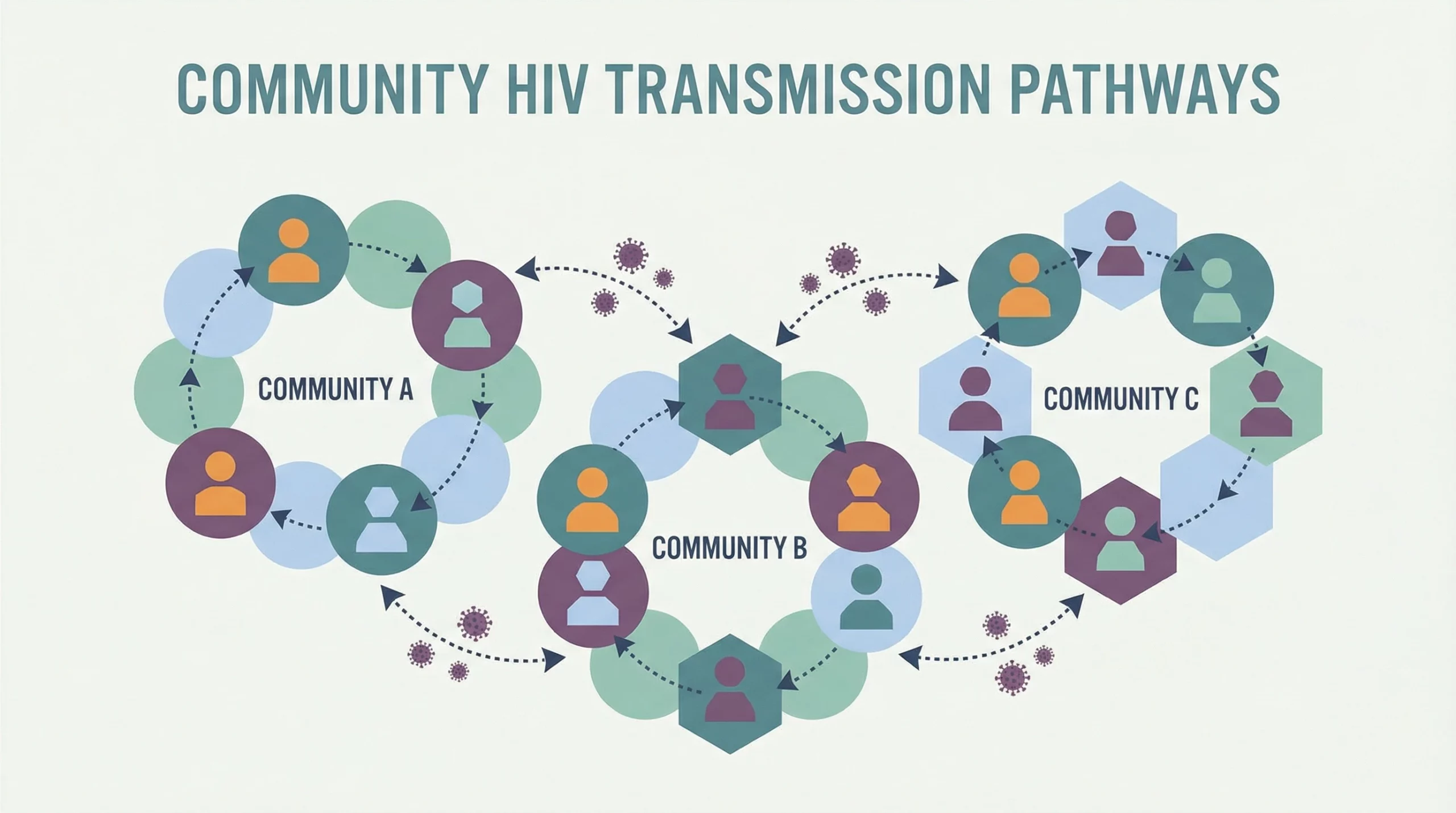Heart infection from Drugs Use
Infections of the heart caused by drug use often catch people by surprise, mainly because they’re not as widely discussed as other drug-related health risks. Yet for individuals who use injectable drugs—or who care for someone who does—these infections are a very real and serious concern. Conditions like infective endocarditis, where bacteria enter the bloodstream … Read more









